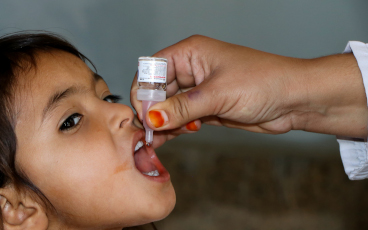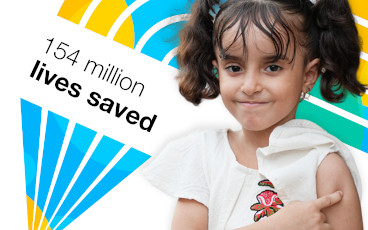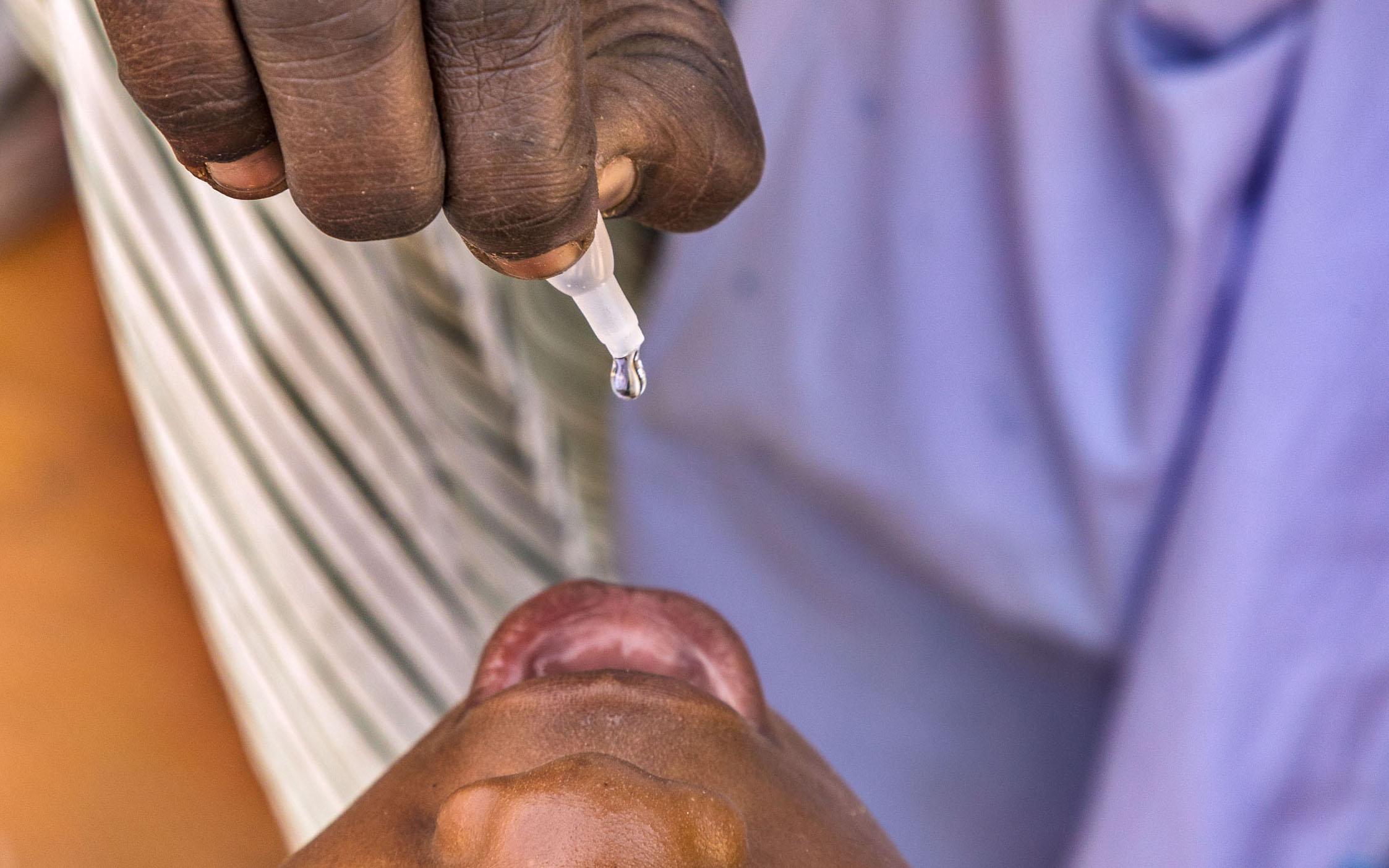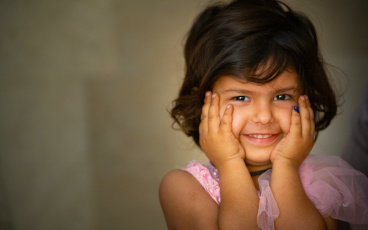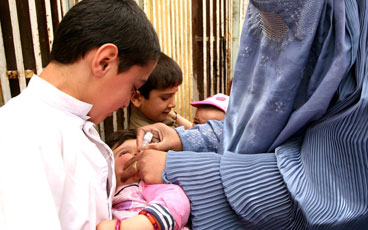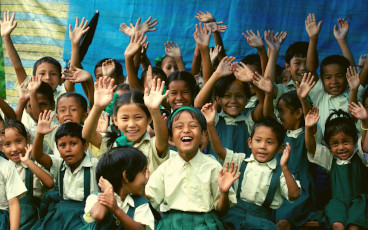Determination to Cross the Finish Line
Programme improvements and innovations in 2015 have brought us closer to ending polio in Pakistan – but the road ahead is rough.
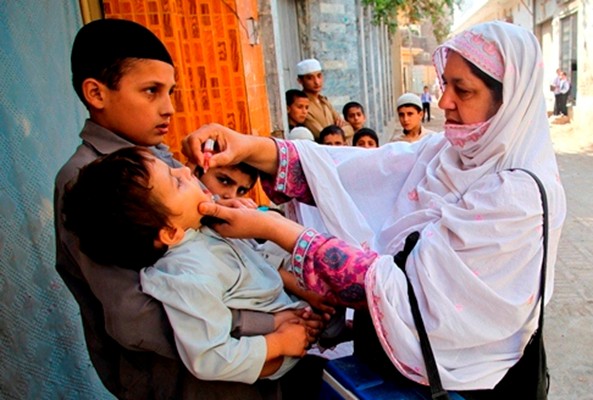
Over the course of 2015, Pakistan has seen encouraging signs of progress against polio, with the programme tightening its grip on the last strongholds of the virus. The number of cases has declined sharply, with 39 reported to date in 2015, compared with 235 cases by the same point in 2014.
Not children reached, but children missed
One of the most important changes of the last year was a shift in focus from the number of children reached to the number missed during immunization campaigns. “How many missed, where and why?” became the determining question. The results of this shift are clear, with almost half a million children who were previously missed by vaccinators now being reached, due to gradual improvements in programme quality and access to previously unreachable areas since late 2014.
This week’s Morbidity and Mortality Weekly Report from the US Centers for Disease Control and Prevention attributes recent improvements to the establishment of a functioning Emergency Operations Centre (EOC), based on the model that contributed to success in Nigeria. A sign of the successful increase in political engagement at both regional and national levels, the EOC serves as a platform for increased government ownership of the polio programme, close collaboration among the partners of the Global Polio Eradication Initiative, and the implementation of new strategies outlined in the National Emergency Action Plan such as health camps, which have reached almost 350,000 people in high-risk areas with additional health services alongside polio vaccines this year.
As Pakistan zeroes in on continuously missed children, misconceptions about the polio vaccines and issues of inaccessibility in certain security challenged areas continue to pose challenges. An innovative approach to addressing these issues has been introduced through Continuous Community Protected Vaccination (CCPV), in which local, predominantly female community health workers are engaged to vaccinate the children of their own communities on a regular basis. With over 80% of polio cases occurring to children under two years old, there was a need to deploy vaccination teams who are in constant contact with children in the communities. CCPV was introduced in selected high-risk reservoir districts of Khyber Pakhtunkhwa and the Federally Administered Tribal Areas, using primarily female vaccinators who are more likely to gain access to households.
While cases have fallen, the virus is geographically widespread. Punjab, with no cases during 2014, has reported a case in 2015 and continues to show evidence of virus presence through environmental surveillance. Peshawar and its surrounding regions remain the heart of this reservoir of the virus, acting as a source of transmission to other parts of the country and into Afghanistan.
In order to stop the transmission of polio in Pakistan in 2016, a lot of work remains to be done. We must close immunity gaps by locating and vaccinating every last child and improving routine immunization coverage in high-risk areas. The Government of Pakistan must continue to demonstrate its leadership and to provide oversight and accountability through provincial and national EOCs. It will also be necessary to improve oversight and accountability for vaccinations delivered at transit points both inside Pakistan and at the borders with Afghanistan.
Read more about progress and challenges in Pakistan through the Morbidity and Mortality Weekly Report.


